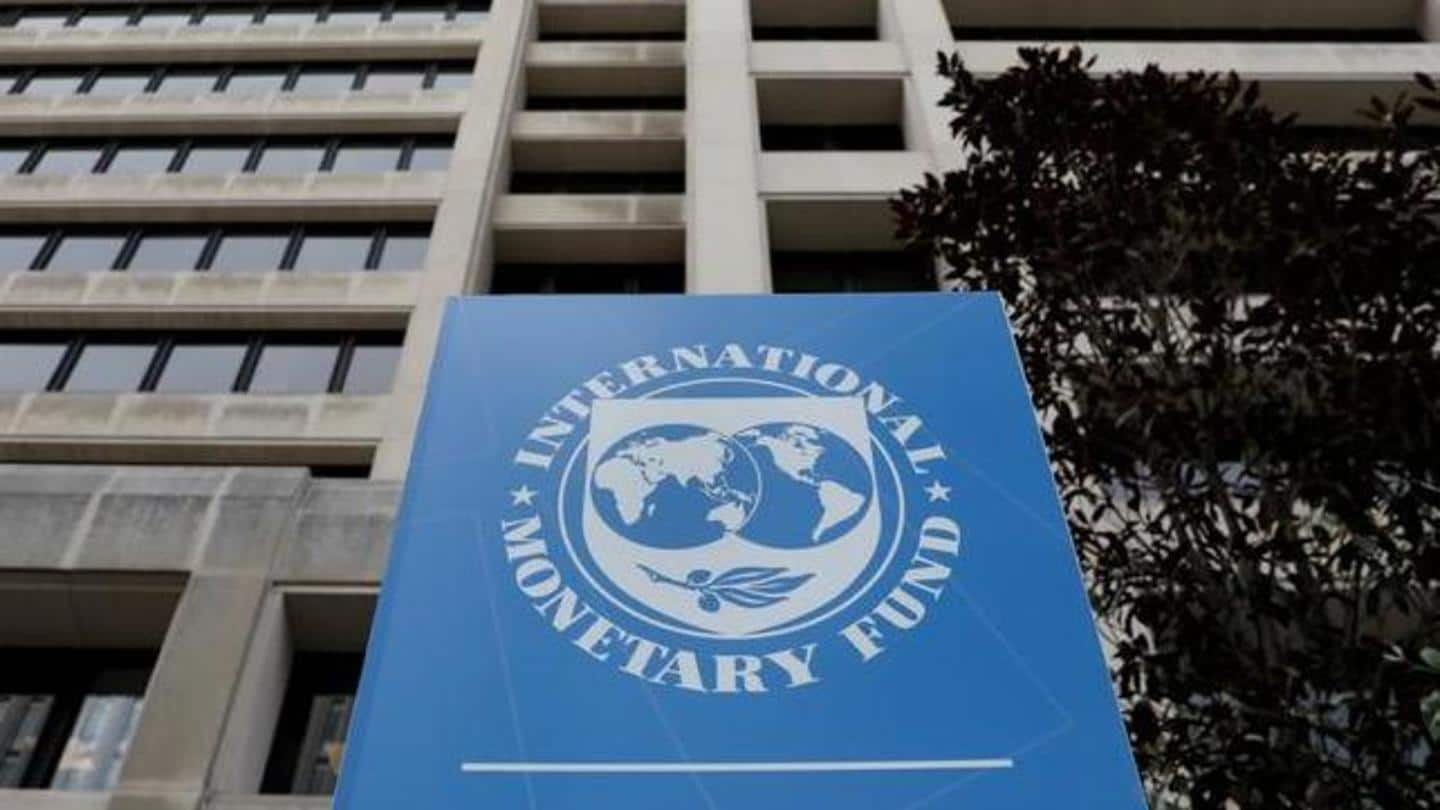India's new farm-laws potential 'step forward' for agricultural reforms: IMF
What's the story
Backing the new farm laws introduced by the Indian Government, the International Monetary Fund (IMF) said that these laws have the potential to "represent a significant step forward" for agricultural reforms.
However, strengthening the social safety net is necessary to adequately protect those who might be affected adversely because of the transition to the new system, according to the global lender.
Here's more.
Details
IMF Communications Director Gerry Rice spoke on new farm laws
Commenting on the new farm laws at a news conference in Washington, Gerry Rice, the Director of Communications at the IMF, said these measures will help reduce the middlemen's role, enhance efficiency, and aid rural growth.
"We believe the farm bills do have the potential to represent a significant step forward for agricultural reforms in India," Rice was quoted as saying by PTI.
Factors
Benefits depend on effectiveness, timing of implementation of reforms
Rice said, "The measures will enable farmers to directly contract with sellers, allow...to retain a greater share of the surplus by reducing the role of middlemen, enhance efficiency, and support rural growth."
"Of course, the growth benefits of these reforms will depend, critically, on the effectiveness and the timing of their implementation, so need to pay attention to those issues as well," he said.
Quote
Ensuring that the job market accommodates those who are impacted
Rice said, "However, it is crucial that the social safety net adequately protects those who might be adversely impacted during the transition to this new system." He added this can be achieved by ensuring everyone affected by the reforms is accommodated in the job market.
Negotiations
Farmers, Union Ministers to meet for ninth round of talks
The IMF spokesperson's comments on the three new farm laws introduced by the Centre come on a day when the farmers protesting these laws and Union Ministers were scheduled to meet for the ninth round of talks to find a solution to the deadlock over these legislations.
Thousands of farmers have been protesting at different borders of Delhi since November 26 last year.
Farm laws
What are the three laws that farmers are protesting?
The three farm laws that the farmers are opposing include the Farmers' Produce Trade and Commerce (Promotion and Facilitation) Act, 2020, the Farmers (Empowerment and Protection) Agreement on Price Assurance and Farm Services Act, 2020, and the Essential Commodities (Amendment) Act, 2020.
Their main demands include repealing these laws and ensuring that minimum support price (MSP) for their crops is legally guaranteed, among others.
Centre's stand
New laws will help boost farmers' incomes, says government
While the farmers continue their protests, the Centre, on the other hand, said that the new farm laws—passed in September 2020—will help boost farmers' incomes.
It said that these laws allow farmers to deal with large companies directly, bypassing government-regulated wholesale markets. However, many farm unions disagree, saying that this will make farmers lose their bargaining power, leaving them vulnerable to potential bulk buyers.
